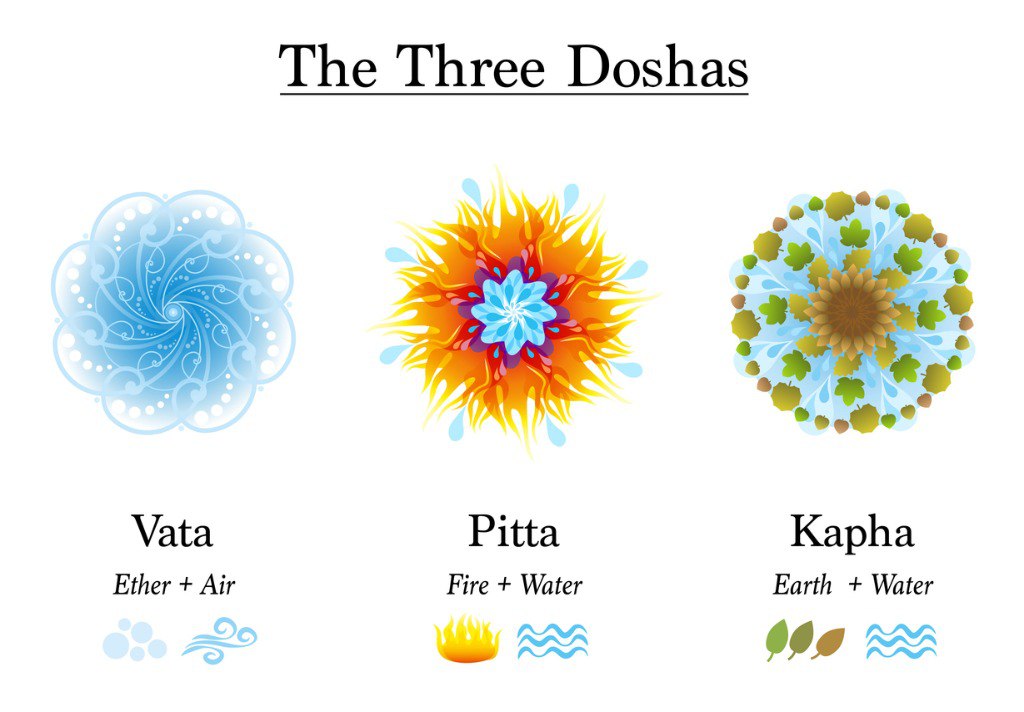What is Ayurveda?
Ayurveda translated from Sanskrit literally means “Science of Life”. It is a complete medical system with historical roots in India. The core of this holistic approach is centered around the balance between mind, body, and spirit. Ayurveda teaches us a way of living that is aligned with nature and an appreciation of life. In addition, it empowers the individual to take responsibility for their health and well-being. It is holistic medicine at its best.
The basic principles of Ayurveda are to prevent and treat diseases (dis-ease) by finding their root cause, this coupled with understanding the physical, mental, and emotional aspects of the individual, allows an Ayurvedic Practitioner to deliver a tailor-made treatment plan.
The Ayurvedic approach to healing encompasses dietary, lifestyle, yoga, breathing exercises, exercise, relaxation, meditation, and appropriate herbs as well as rejuvenation, cleansing and massage treatment for healing the body, mind, and spirit.
This ancient system of medicine describes three fundamental energies or doshas that govern physiological and psychological functions in the body: Vata, Pitta, and Kapha.
Vata is governed by air and space elements, it is responsible for movement, including breathing, muscle movement, heart pulsation, and the movement of thoughts across the mind. When in balance, Vata promotes creativity and vitality, but when out of balance, it can lead to anxiety, insomnia, and digestive issues.
Pitta is governed by fire and water elements, it is responsible for digestion, metabolism, and transformation in the body and mind. When in balance, Pitta promotes intelligence and understanding, but when imbalanced, it can lead to anger, inflammation, and digestive problems.
Kapha is governed by water and earth elements, it is responsible for structure and lubrication in the body and mind. When balanced, Kapha provides strength and stability, but when imbalanced, it can lead to sluggishness, weight gain, and respiratory issues.

